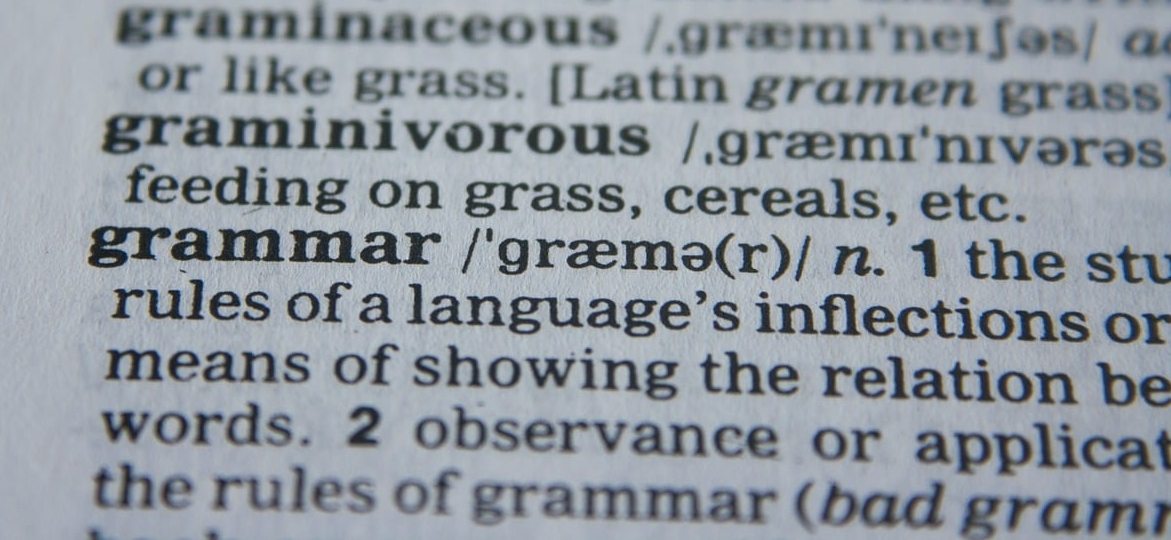Are you left confused by the passive voice in French? GlobalExam is here to help! In this article, we’re going to dig into:
- Differentiating between the active and passive voice in French
- How and when to use the passive
- Study French grammar and learn the basics of French with General Français by GlobalExam!
Got a notepad and pen to hand? Let’s go!
If you wish to take the tests DELF, DALF or TCF revising all our french grammar and conjugation worksheets is always a great idea!
What’s the difference between the active and passive voice?
First things first: there are three “voices” in French. This is a grammatical term referring to the relationship between the action expressed by a verb and its subject/object. The three voices are as follow:
- The active voice, e.g. Je mange une orange (“I’m eating an orange”)
- The pronominal voice, e.g. Je me lave (“I wash myself”)
- The passive voice, e.g. La souris est mangée par le chat (“The mouse is eaten by the cat”)
As you can see from these examples, the active voice is used when the subject of the verb is carrying out the action, whereas the passive voice is used when the action of the verb happens to the subject.

Why we use the passive voice
The active voice is the most natural choice for expressing oneself in French. There are, however, two main reasons why we might opt for the passive voice in French:
- To emphasize the person or thing who is carrying out the action
- To concentrate on the action without identifying the agent
Let’s look at some examples of the passive voice in action:
- La maison a été construite pour nous (“The house was built for us”)
- Ma voiture a été volée hier (“My car was stolen yesterday”)
In both instances, the agent of the verb is the focus and not the subject, which remains anonymous.
How to construct the French passive voice
Now we understand what the passive voice in French is, let’s talk about how to form it. Here are the key steps to follow:
- Decide who or what will be the agent of your verb, e.g. la bière (“the beer”)
- Conjugate the verb in the passive voice using être and the past participle, e.g. la bière a été bue (“the beer was drunk”)
- To make a more complete sentence, add a subject and preposition, e.g. la bière a été bue par la femme (“the beer was drunk by the woman”)
One of the grammatical sticking points in the construction of the passive voice in French is the past participle. Remember that the past participle must agree with the agent of the verb. In the above example, la bière is feminine, so the past participle, bu, has an additional e.
How to avoid the passive
We’ve just explained how the passive voice in French works and how to use it, but now we’re going to tell you: avoid using it! The passive voice isn’t used a great deal in everyday French and there are other ways of achieving the same goals.
When your sentence has an anonymous subject, you can use the pronoun se before the verb to create a passive reflexive. For example:
- Le crumble se mange chaud (“Crumble is eaten hot”)
This kind of construction avoids the clunkier le crumble est mangé chaud.
Another good way to express a sentence with an anonymous subject is with on as the subject. Variously translated as “one” or “we”, on refers to a non-specific subject. For example:
- On ne boit pas de thé au lait ici (“We don’t drink tea with milk here”)
How GlobalExam can help you with French grammar
We hope this article has ironed out any creases in your knowledge of the passive voice in French. But, you know, there are lots of other tricky topics in French grammar.
Luckily for you, we’ve built a comprehensive e-learning platform for learning French and many other languages. You can use our platform to study grammar concepts, complete rigorous training exercises, and prepare for exams.
Whether you’re learning French for yourself or with a professional goal in mind, GlobalExam has the tools to help you progress!
Take some time to read more articles about French grammar and conjugation to improve your French level. We have written articles on topics such as French adjectives, pronouns, adverbs, gerund and all you need to know about verbs and tenses.
Here with the list of French grammar and conjugation worksheets:
- French grammar – French adjectives: definition, forms, and rules
- List of relative pronouns in French: learning when to use them
- What is an adverb In French? Types and examples of phrases
- Understanding Gerund In French: Structure and Examples
- List of French Grammar and Conjugation Worksheets
- French Conjugation All you need to know about Verbs And Tenses
And if you’re looking for the best grammar book to suit your level, you can rest assured that there are all kinds!



